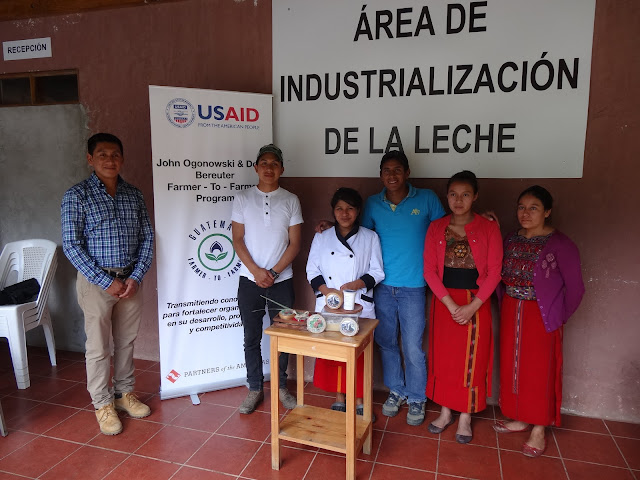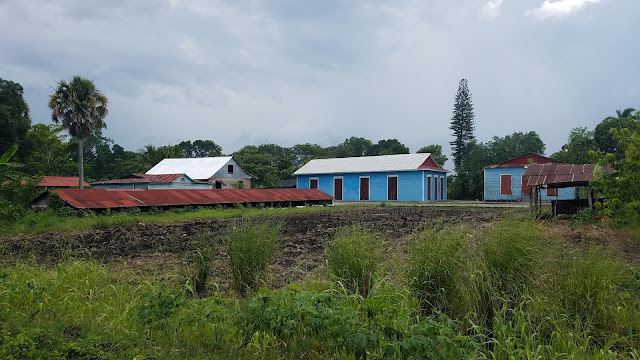Expanding the Sale of Farmer Products through Strategic Branding & E-Commerce

By Andrés Varona, Agriculture & Food Security Program Officer at Partners of the Americas For two weeks in September 2017, Farmer-to-Farmer (F2F) volunteer Bettina Barrillas traveled to Managua to assist our host, Fabretto Foundation. During her assignment, Ms. Barrillas worked alongside Fabretto’s e-commerce team in order to develop a creative, strategic and innovative branding plan for its agricultural value added products (e.g. Honey, Chia, Coffee, Fruits). As part of these efforts, she provided hands-on knowledge transfers about design strategies and accessible software that can be used to develop and improve packaging/labeling for existing products. The volunteer also supported the host in generating marketing campaigns tailored to the local and domestic market for natural food products. This F2F assistance came at a strategic time for Fabretto, especially since they are currently seeking to leverage their connections in the United States to sell their farmers’ agricu





